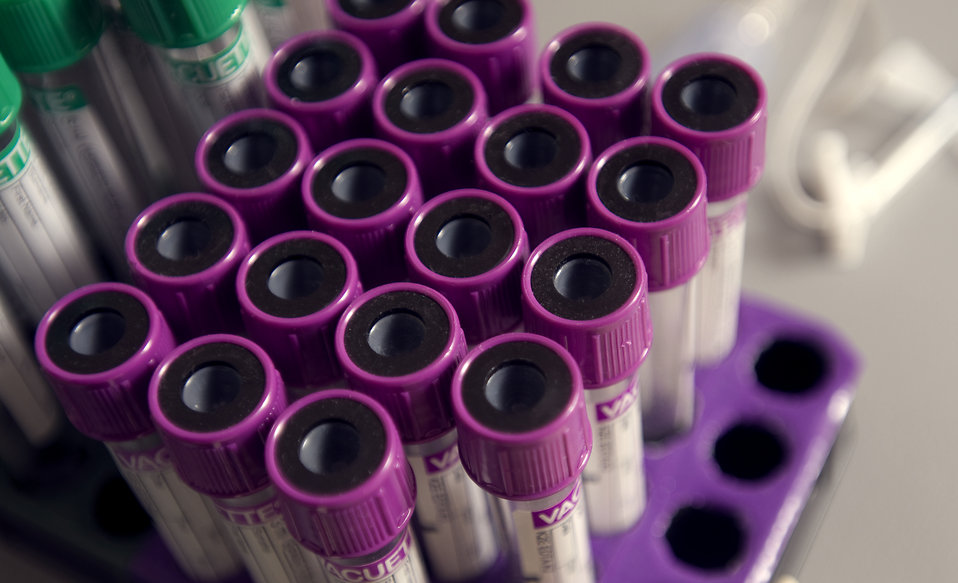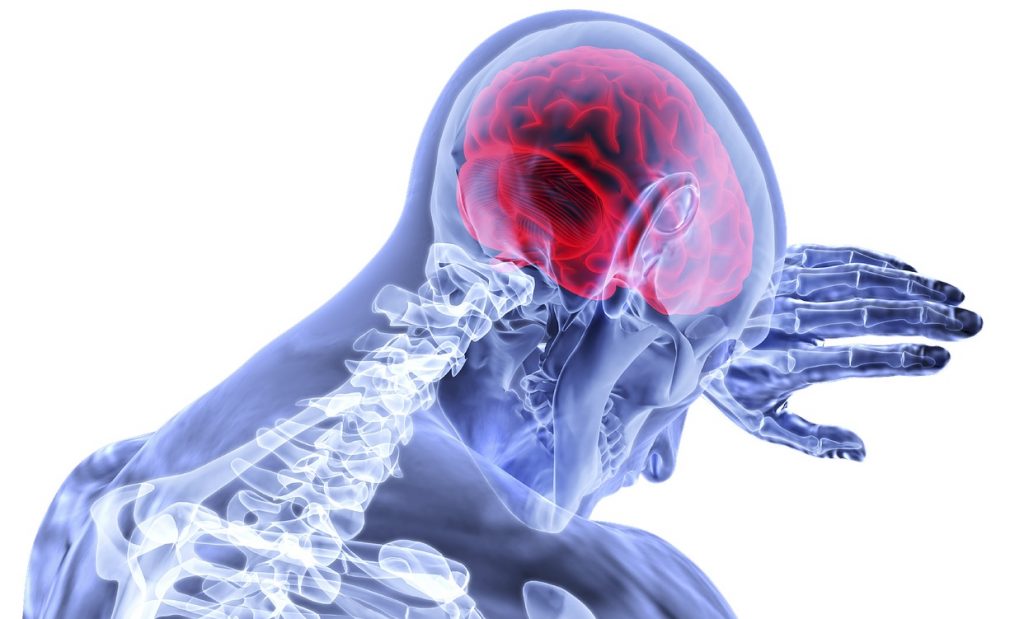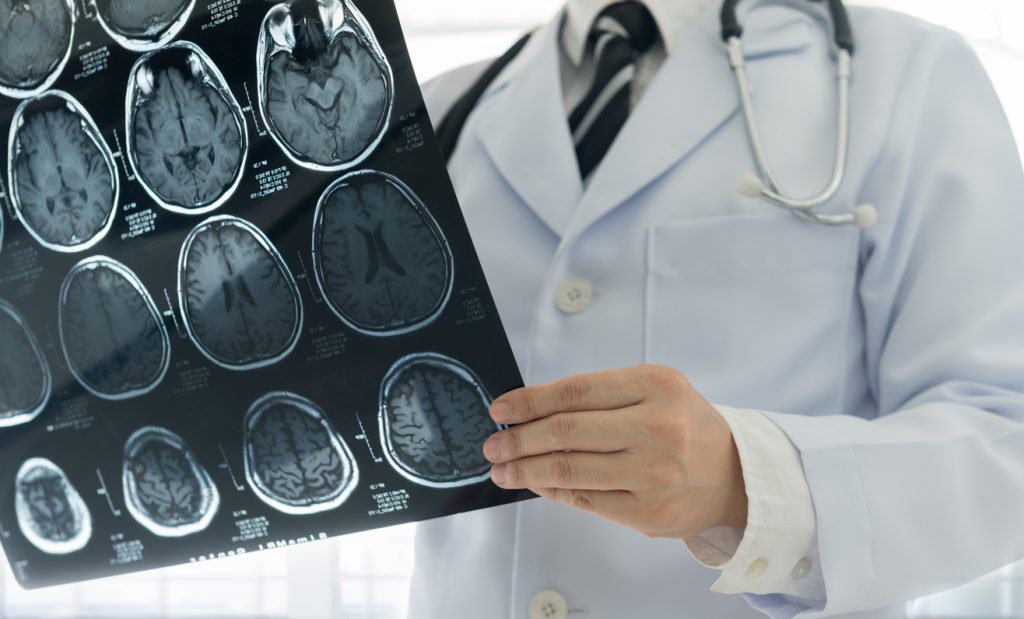Problem: Depressive symptoms are a common mental health problem following traumatic brain injury (TBI), occurring in up to 87% of patients. Depression following TBI has important consequences including poor functioning, lack of ability to return to work and family activities and prolonged TBI symptoms. The reason depression develops in some patients following TBI is unknown, making treatment difficult.One type of brain protein that shows genetic differences between people is called the serotonin transporter. People can be divided by whether or not they have a short protein (S allele) or a long protein (L allele) which influences the amount of serotonin transporter. Serotonin is a key brain chemical in depression in many mental/psychiatric illnesses. We think that the genetic differences in the serotonin transporter, that may not make a difference before TBI, may become important after TBI due to the nature of these injuries.Methods: A consecutive sample of 200 patients attending a TBI clinic who have sustained a mild-to-moderate TBI (American Congress of Rehabilitation Medicine criteria) within the last 2 months will be assessed for the presence of major depression (standard criteria, standardised interview). In phase I, blood samples from patients with mild-to-moderate TBI with depression and without depression will be checked for the presence of the 5-HTTPR genetic difference. This will allow us to study if the S allele is more likely in TBI patients with depression. In phase II, the patients with depression will be treated with the SSRI citalopram for 6 weeks. At 6 weeks, or upon discontinuation of citalopram, depression will be assessed again. This will allow us to study if depressed patients with the S allele respond more poorly to treatment. Persons assessing depression after treatment will not know the genetic makeup of each patient.Results Expected: If the serotonin transporter genetic difference confers susceptibility to depression following TBI, this will provide important information on what causes depression following TBI and document a risk factor for depression previously unstudied in this population. Also, as SSRI antidepressants are used to treat depression in TBI, this study may identify a subgroup of TBI patients in whom different medications should be given or additional medications are required.
Official Title
The Serotonin Transporter Gene Polymorphism and Major Depression Following Traumatic Brain Injury.
Conditions
- Depression
- Traumatic Brain Injury
Study Type
Interventional
Study Design
Treatment, Non-Randomised, Open Label, Uncontrolled, Single Group Assignment.
Further Details
Study Start
July 2003
Eligibility & Criteria
-
Ages Eligible for Study: 18 Years and older
-
Genders Eligible for Study: Both
-
Accepts Healthy Volunteers: No
Inclusion Criteria:
-
Age >18 years
-
Gender: male or female
-
TBI within the last two months
-
Mild to moderate TBI
-
Written, informed consent
-
Depressed group only: diagnosis of major depressive episode using the depression module of the Structured Clinical Interview for the DSM-IV (SCID-IV)
Exclusion Criteria:
-
Prior TBI or other focal brain disease (stroke, tumour)
-
Significant acute medical illness, including:
-
Drug overdose
-
Severely disturbed liver, kidney, lung, or heart function
-
Anaemia
-
Hypothyroidism
-
Uncontrolled diabetes
-
Parkinson’s disease
-
Huntington’s chorea
-
Progressive supranuclear paralysis
-
Brain tumour
-
Subdural haematoma
-
Multiple sclerosis
-
-
A brain CT scan revealing focal lesions that could not be interpreted as consistent with a TBI
depression group only: contraindications to receiving treatment with citalopram
Total Enrolment
200
Contact Details
Krista L Lanctot (PhD)
Sunnybrook Health Sciences Centre
Location:
Canada, Ontario
Sunnybrook Health Sciences Centre
Toronto, Ontario, Canada, M4N 3M5
All content and media on the HealthEngine Blog is created and published online for informational purposes only. It is not intended to be a substitute for professional medical advice and should not be relied on as health or personal advice. Always seek the guidance of your doctor or other qualified health professional with any questions you may have regarding your health or a medical condition. Never disregard the advice of a medical professional, or delay in seeking it because of something you have read on this Website. If you think you may have a medical emergency, call your doctor, go to the nearest hospital emergency department, or call the emergency services immediately.







